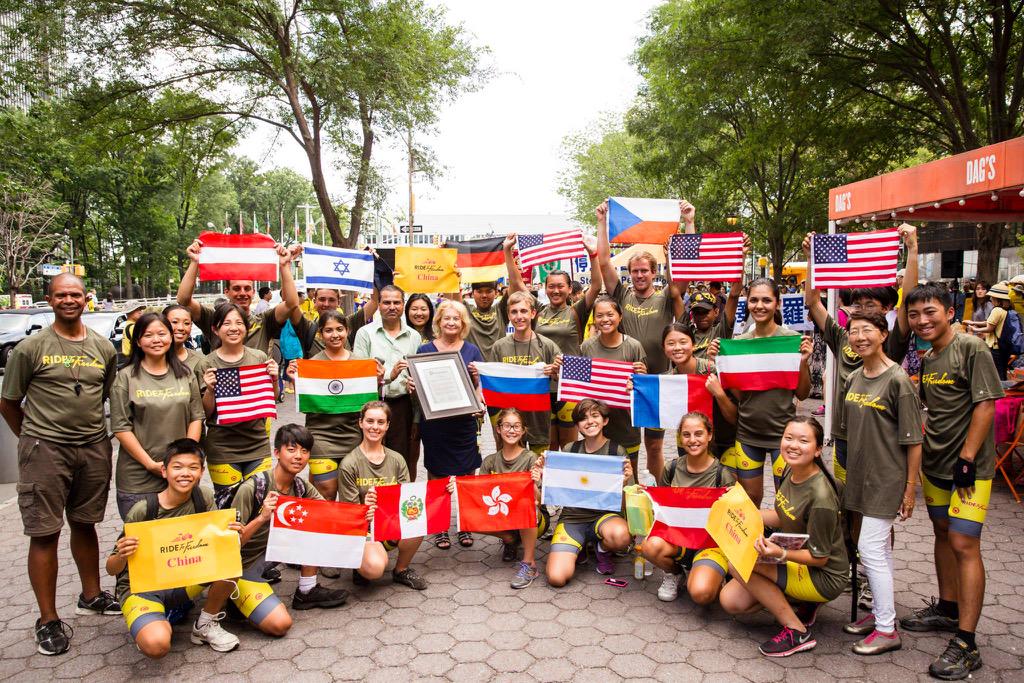医者 - Doctor
We’re done with week 2 of Maus, and increasingly, I am of the opinion that we have been
overanalyzing it.
“Why is Maus
split into different panels, and not one large image, class?”
I think when Ms. Valentino asked that, I came close to rolling my eyes and muttering “because that’s how comics are” under my breath. On second thought, I think I might actually have done it.
Many of the things that we talked about, we started
off with “well, I think Art meant this when he drew Maus this way,” and each time, I would think “NO! He just accidentally did it that way for no particular reason!” I was, and still am,
absolutely certain that Art, or any author/artist/composer for that matter, didn't purposely place deep analysis provokers into his work – it just turned out
that way, and we 11 AP students, hungry to take a nice participation grade back
to our parents, grasped at every small unintentional detail we could get our
hands on.
But then again, that’s why English is so interesting.
That we can create something out of
the nothing that was meant to be
there – there’s magic in that, I think. Art claims that “reality is too complex
for comics” (Maus II), and maybe
that’s the case. Maybe we use comics, or just literature and art in general, as
a coping mechanism. We have to dumb reality down, simplify it, before we can
dig into it and try to analyze our own lives. Maybe English is actually
secretly a branch of the medical field, dedicated to finding a cure to the as
yet unnamed I-can’t-make-sense-of-the-world illness. English majors are actually doctors.
So maybe Art used Maus
as a coping mechanism as well. He had “some kind of guilt” about not having
lived through Auschwitz (Maus II), so he needed to relieve himself of that guilt by reliving it through his
father’s memories. That would be all fine and dandy if he kept it to himself,
but then he presumptuously decided that he needed to relieve the world of the
same guilt, too, and immortalized Vladek’s memories into Maus for the whole world to suffer. Including 11 AP students.
And there I go, committing the exact crime I call absolutely
ridiculous. I guess it’s necessary, the innate function of humankind to
overanalyze simple things in order to simplify their complicated lives. Art was
right; reality is too complex.
 |
| Art diagnising himself with his fancy doctor abilities in Maus II. |








2 comments: